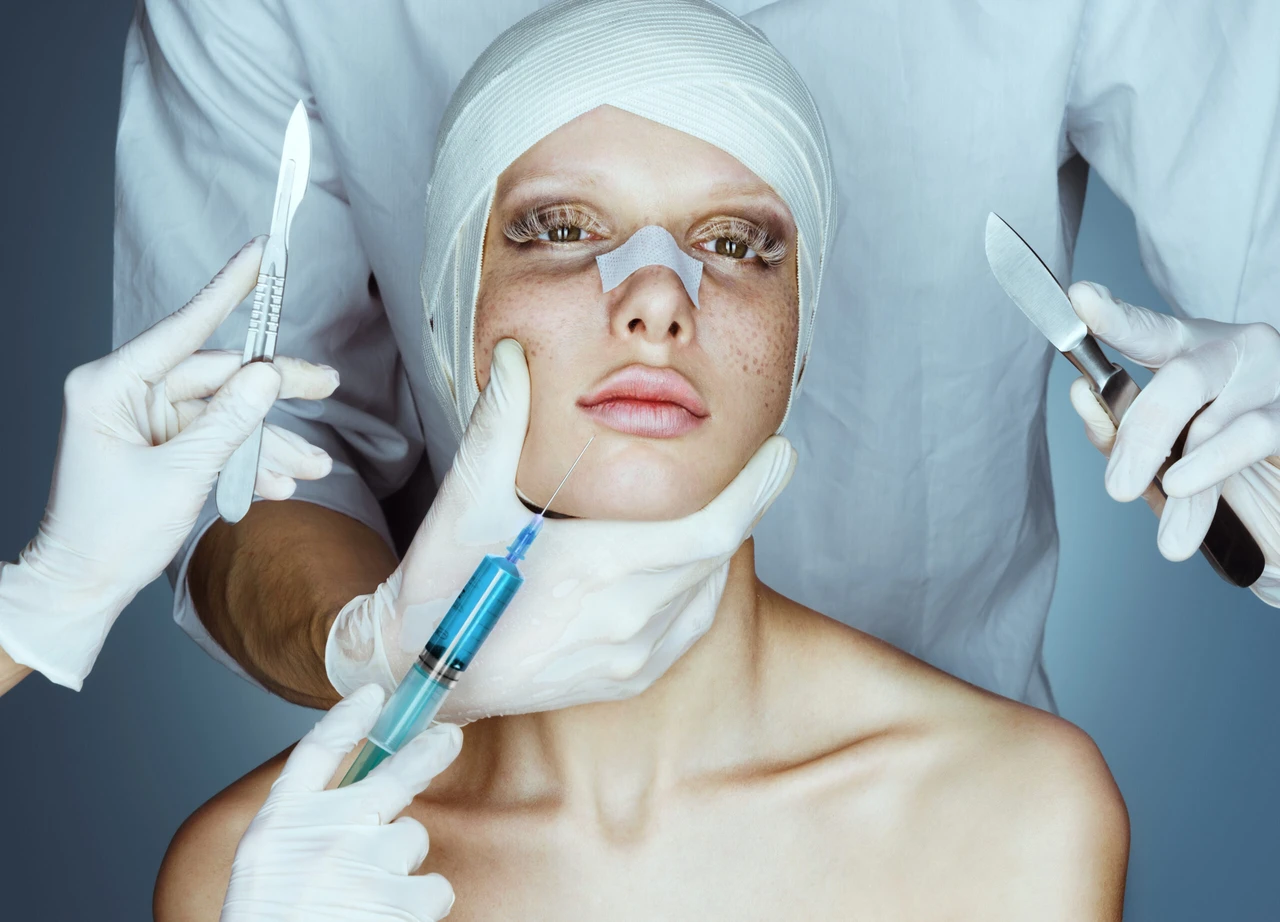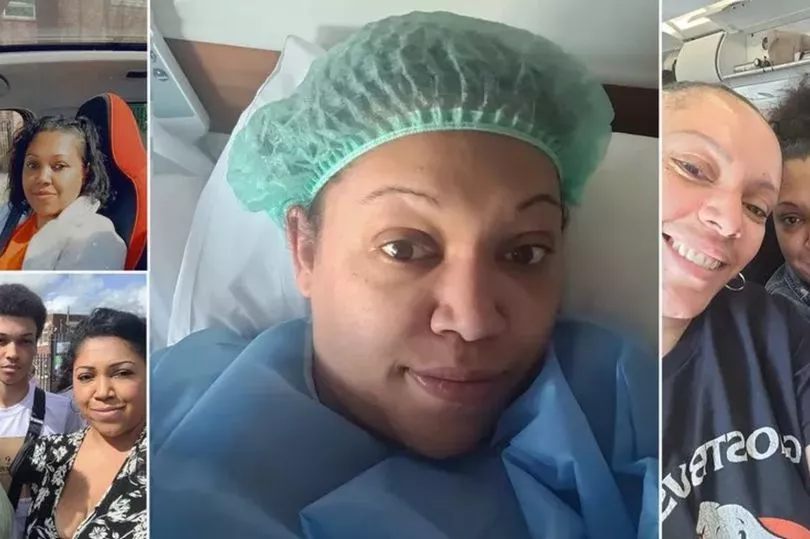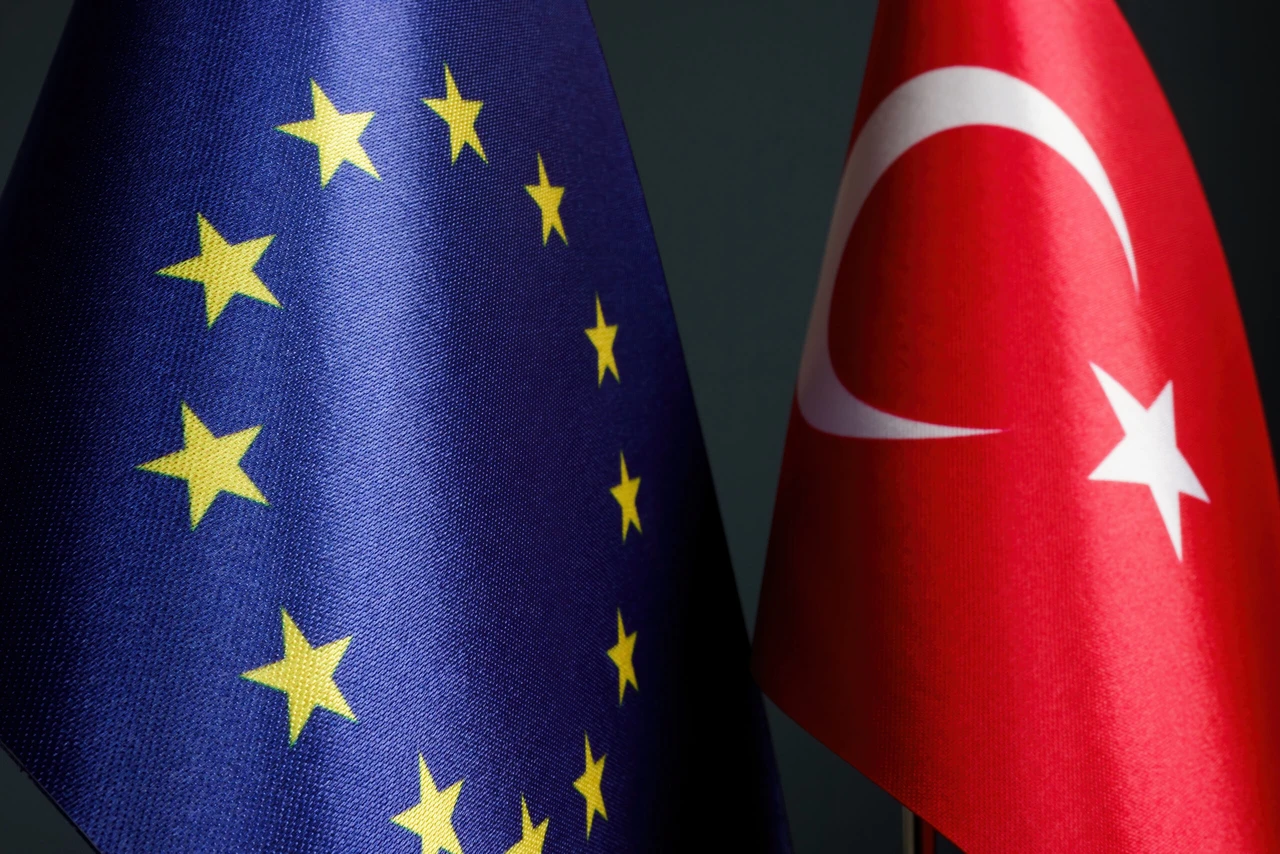Cosmetic surgery in Türkiye: Affordable options, high stakes
 Demand for cosmetic surgery has significantly contributed to Türkiye's growing health tourism. (Adobe Stock Photo)
Demand for cosmetic surgery has significantly contributed to Türkiye's growing health tourism. (Adobe Stock Photo)
Cosmetic surgery abroad has become an increasingly popular option for individuals from all around the world. Among the top destinations, Türkiye stands out as a leading hub for medical tourism, offering a wide range of cosmetic procedures at prices significantly lower than those in Western countries.
From Brazilian butt lifts and tummy tucks to hair transplants and dental work, cosmetic surgery in Türkiye has attracted thousands of patients seeking affordable alternatives to the often prohibitively expensive options available in their home countries.
Turkish medical tourism is on the rise not just because of the cost. The country boasts a rapidly growing health care infrastructure, with numerous private clinics and hospitals equipped with modern facilities and staffed by qualified professionals.
The promise of high-quality treatment at a fraction of the price, coupled with the added benefit of recovering in a vibrant, culturally rich country, has made Türkiye an attractive option for those looking to enhance their appearance.
However, this booming industry has a darker side that is increasingly coming to light.

Tragic cases reveal dangers of plastic surgery in Türkiye
Recent cases highlight the risks associated with cosmetic surgery in Türkiye. One tragic example is the death of Kaydell Brown, a 38-year-old mother of two from the U.K. In March 2024, Brown traveled to Istanbul for a “mummy MOT” package, which included a Brazilian butt lift, tummy tuck and breast augmentation.
Sadly, she never made it out of the surgery alive. Her sister, Leanne, described the clinic as a “pop-up butcher shop” and shared how the staff handled the situation with shocking indifference. “They just gave me an envelope and said here’s your money back and here’s your sister’s money back. And here’s your flight. It’s like, ‘Sorry she’s dead, here’s your plane ticket,'” Leanne told ITV News.
Upon the return of Brown’s body to the U.K., her family discovered that significant portions of her brain, lungs, and heart were missing. The clinic denied any malpractice, claiming that her death was due to “known complications” associated with the procedure. Despite these assertions, the missing organs have left the family with unanswered questions and deep concerns.
Another tragic incident involved 24-year-old Aleyna Bozkurt from the Netherlands, who died after undergoing multiple cosmetic procedures in Türkiye. Her family believes social media played a significant role in her decision to seek surgery abroad, where the risks were not fully understood. Experts suspect that Bozkurt died from a pulmonary embolism, a known risk during lengthy surgeries.

English National Health Service burdened by cost of fixing botched surgeries
The consequences of botched surgeries performed abroad extend beyond the personal suffering of the patients; they also place a significant financial burden on healthcare systems like the UK’s National Health Service (NHS).
Dr. Rajan Uppal, an NHS consultant, estimates that the cost of treating complications from surgeries conducted in Türkiye amounts to $123 million annually. “There are little old ladies sitting in a corridor while British patients who have had boob jobs overseas are filling beds,” Dr. Uppal told MailOnline, expressing frustration over how these preventable cases strain the already overburdened NHS.
An audit by the British Association of Aesthetic Plastic Surgeons (BAAPS) revealed that 324 Brits required medical treatment or corrective surgery after undergoing procedures abroad since 2018. However, the actual number is likely much higher. Alarmingly, almost 80% of Brits needing corrective operations in 2022 had originally been treated in surgical tourism hubs like Istanbul and Ankara.
Dr. Uppal also criticized the apathy shown by some patients who opt for cheaper cosmetic surgery in Türkiye and abroad and then rely on the NHS to fix complications. He suggested that these patients should be invoiced for their treatment, similar to how the NHS charges foreign nationals for medical services. “As it stands, the NHS is the ‘underwriter, the insurance policy, for these patients,” he noted.
BAAPS President Dr. Marc Pacifico echoed these concerns, noting that patients’ decisions to undergo surgery in Türkiye “come with significant consequences, not only for the individuals undergoing surgery overseas but also for the NHS, which often bears the burden of correcting complications upon patients’ return to the UK.”

Importance of thorough research before undergoing cosmetic surgery in Türkiye
Given the potential risks, thorough research is essential for anyone considering cosmetic surgery in Türkiye. Prospective patients should carefully verify the credentials of the clinic and the surgeon, fully understand the associated risks, and ensure that follow-up care will be available if complications arise.
The tragic deaths of Brown and Bozkurt underscore the serious consequences that can result from inadequate preparation and poor decision-making. While Türkiye remains a popular destination for health tourism, offering high-quality care at many reputable clinics and hospitals, it’s important to recognize that not all facilities meet these standards.
Although it would be unfair to label cosmetic surgery in Türkiye as dangerous, as many credible centers provide excellent care at lower costs, there are also medical centers operating under less transparent circumstances.
These centers may have escaped rigorous oversight and could pose significant risks to patients. Therefore, it is vital to approach surgery abroad with caution and make informed choices to ensure safety.



